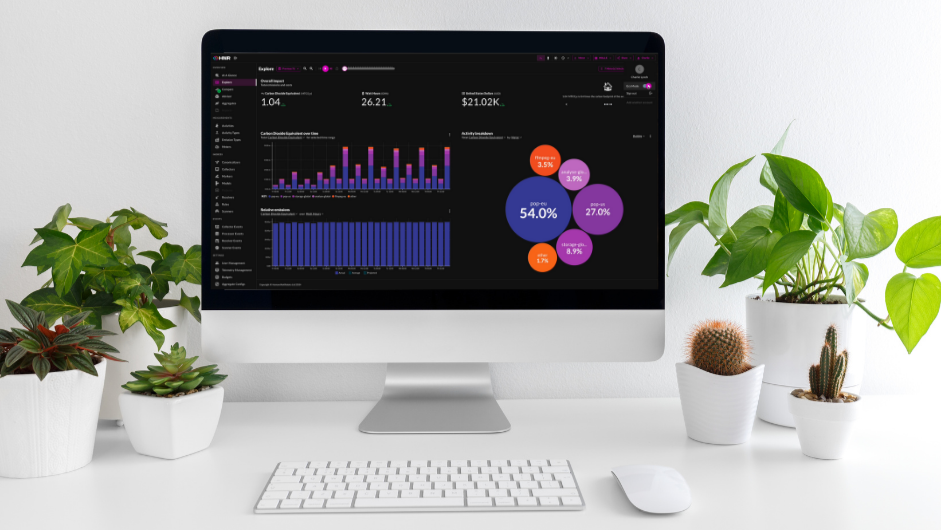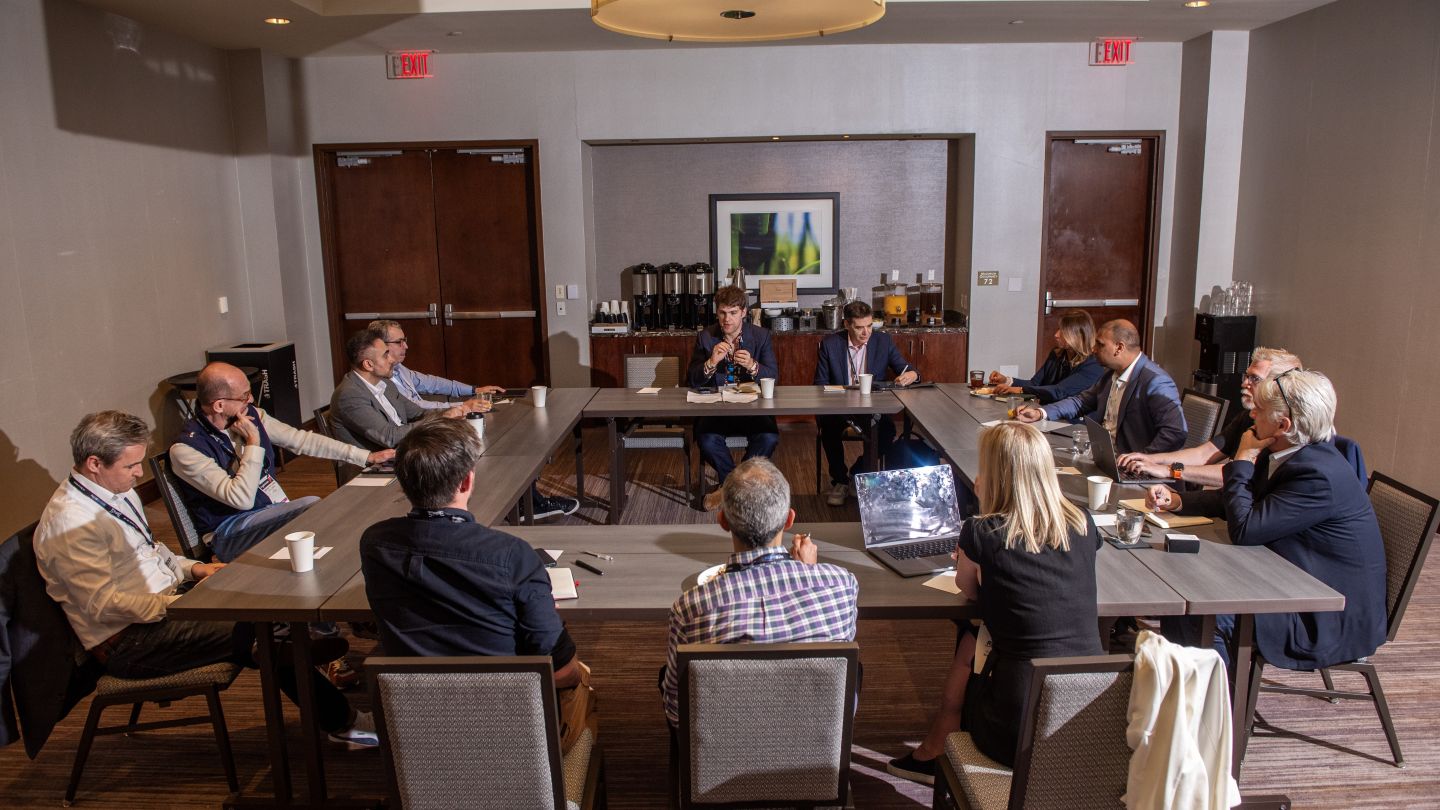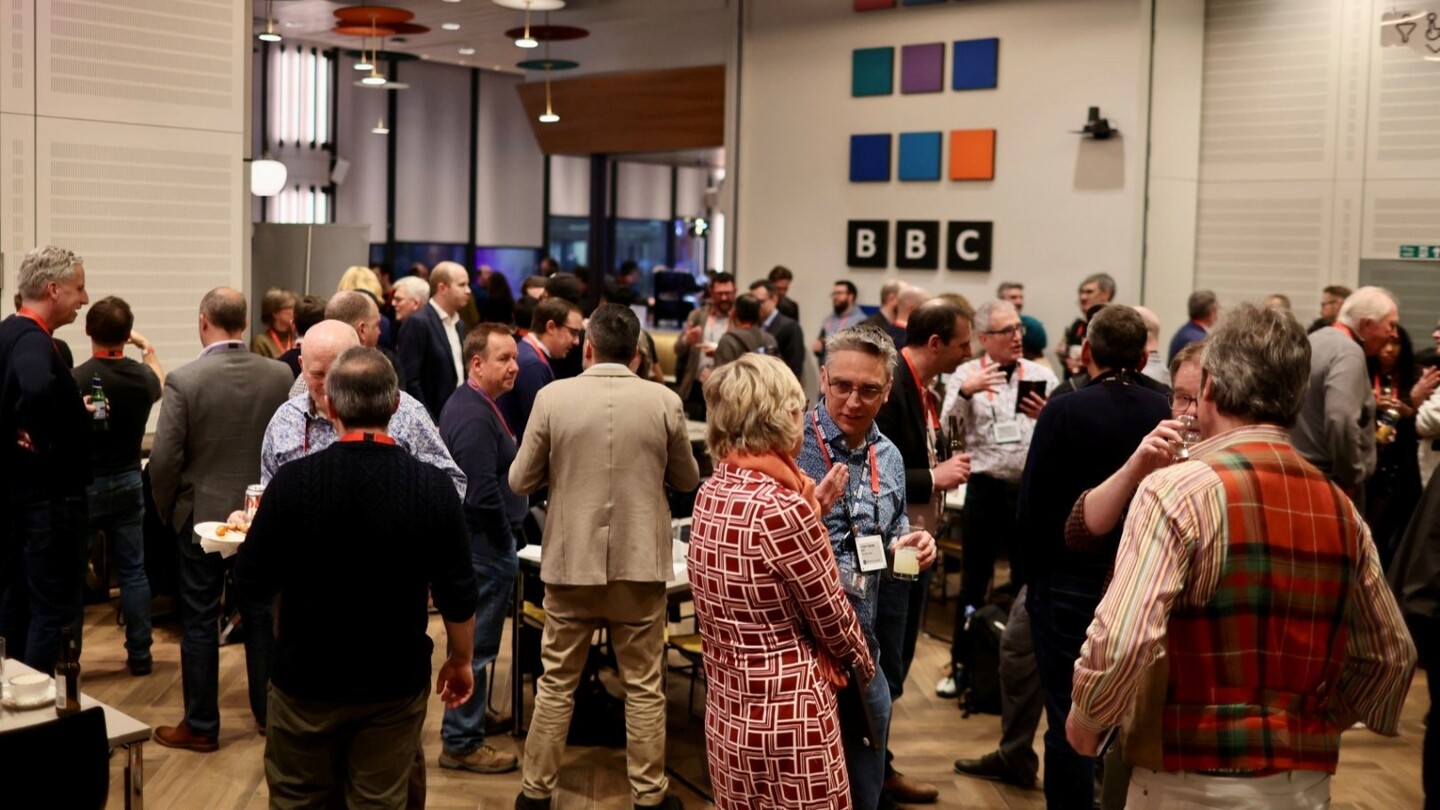The IBC Accelerator special incubator project Connect and Produce Anywhere, Phase II (CAPA II) had an early run out at the recent Formula E London ePrix. John Maxwell Hobbs reports.
With onsite involvement from the BBC, Channel 4, Vizrt, LAMA, TSL, Techex, and remote participation from Google Cloud, Norsk, Vodafone, and others, the CAPA II project team demonstrated how live coverage of a major sporting event could be covered using only software-based production tools.
Remote workflows and flexibility
Describing the CAPA II setup for the London ePrix, Ian Wagdin, Senior Technology Transfer Manager from the BBC, one of the project Champions, said: “We’ve got a Google Cloud Cluster running locally on commodity HP and AMD hardware, and that’s running a whole bunch of software. It’s part of our aims and ambitions to generally think about software-based production running on edge infrastructure rather than traditional hardware-based production,” he said. “So, although we’ve got some control surfaces which are quite specialised, all of the applications are running on software. The advantage of edge infrastructure is that...
You are not signed in.
Only registered users can view this article.

How sport is embracing DTC at both ends of the playing field
Kevin Emmott reports on how two English football clubs at starkly different points of the football pyramid are going direct to fanbases with their content output.

Sustainable streaming: Delivering a greener vision for OTT
Increasingly powerful analysis platforms, infrastructure optimisation, improved resource utilisation and new methods of compression are among the developments helping the streaming sector to reduce its environmental impact, writes David Davies.
Creating a new sense of place for Welsh media innovation
The emergent virtual production scene in Wales has been boosted by the arrival of two new world-class facilities in recent months, both secured with the collaborative backing of Media Cymru. James McKeown spoke to Media Cymru’s Deputy Director, Professor Sara Pepper OBE, about the consortium’s mission to put Wales on the global media innovation map.

Flawless AI: “You can't put new lines in people's mouths without consent”
AI tools like Flawless visual dubbing are making a strong case for standard use in Hollywood.

Discoverability, engagement and reach: IBC365 roundtable explores the role of AI personalisation in broadcast
Last week saw the first IBC365 roundtable hosted at NAB. Industry leaders from broadcasters including beIN Media Group, Al Jazeera, Globo, TVN Warner Bros Discovery and Alaraby were joined by representatives from Vertex AI Search (Google Cloud), Host Broadcast Services, QTV, Xansr Media, V-Nova, The Media League and Norigin Media to explore how AI is impacting media personalisation.





